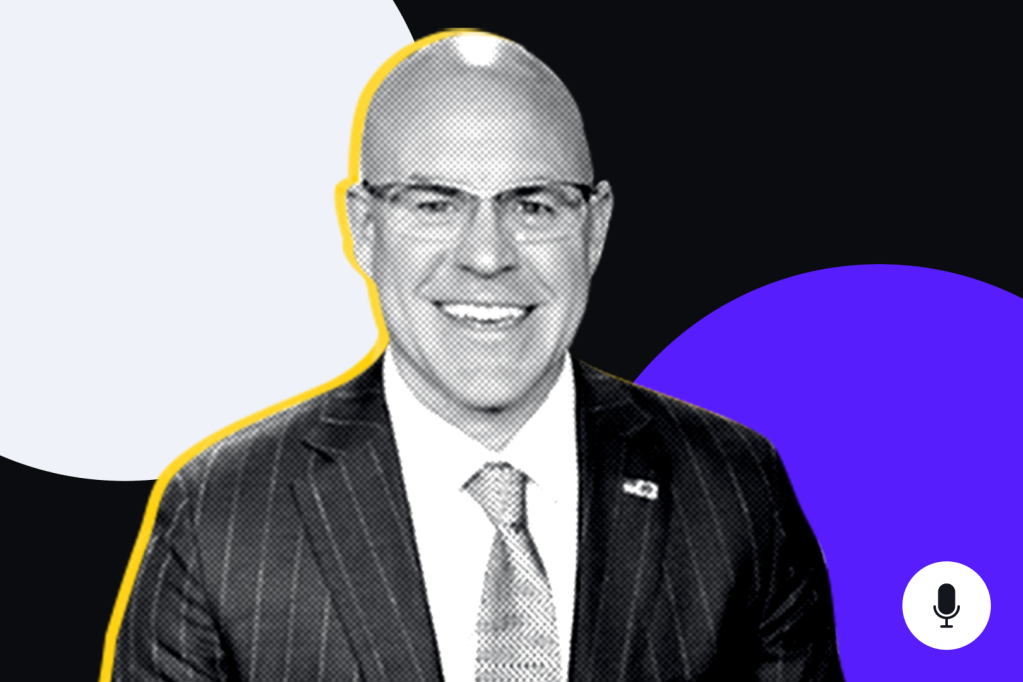We believe there may be some misinterpretation in the industry currently. With Paul Atkins heading up the SEC and the recent action to withdraw proposals, some are making some misguided assumptions. We do not believe that the pull back in rulemaking necessarily means we can expect a hands-off regulator.
In
Register for free to keep reading
To continue reading this article and unlock full access to GRIP, register now. You’ll enjoy free access to all content until our subscription service launches in early 2026.
- Unlimited access to industry insights
- Stay on top of key rules and regulatory changes with our Rules Navigator
- Ad-free experience with no distractions
- Regular podcasts from trusted external experts
- Fresh compliance and regulatory content every day













